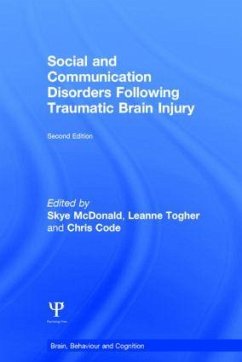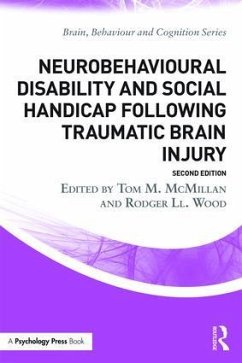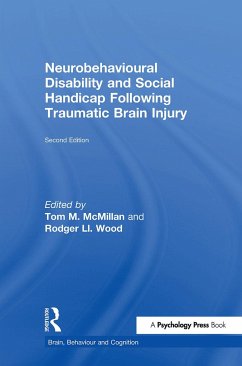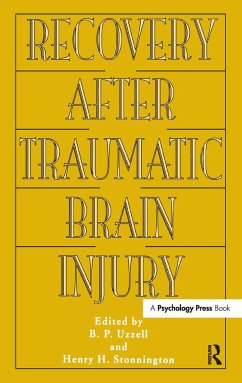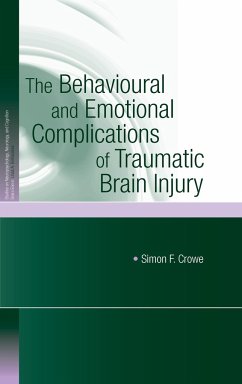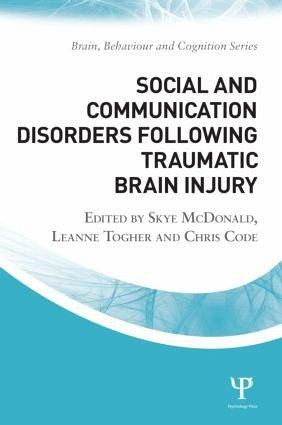
Social and Communication Disorders Following Traumatic Brain Injury
Versandkostenfrei!
Versandfertig in 1-2 Wochen
77,99 €
inkl. MwSt.
Weitere Ausgaben:

PAYBACK Punkte
39 °P sammeln!
This book fills this important gap in the literature and provides information ranging from a broad overview of the nature of pathology following TBI and its effects on cognition and behaviour, through to the latest evidence about ways to assess and treat social and communication disorders.¿





